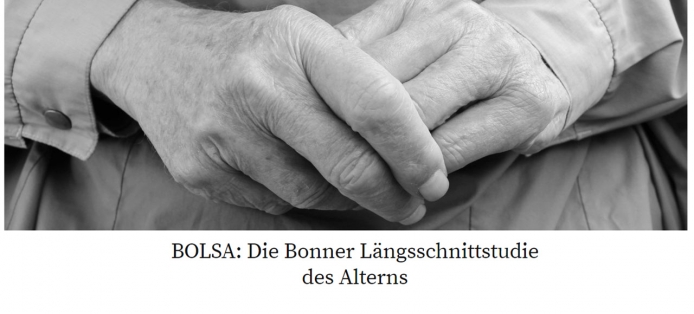
Nachhaltiges Forschungsdatenmanagement ist zentral für künftige Forschungen! Dies zeigt etwa die Geschichte der Bonner Längsschnittstudie des Alterns. Fast zwanzig Jahre
Short description of the project
The Hamburg Center for Language Corpora serves to promote the creation and use of digital language corpora in research and teaching. It sees itself as a competence center that builds and consolidates technical, methodological, and organizational expertise for working with language corpora. As a cooperative partner, the current team provides individual researchers and educators at the University of Hamburg with the necessary expertise for research and teaching tasks. In its work, the HZSK collaborates closely with the Hamburg Center for Sustainable Research Data Management.
Project content
The Hamburg Center for Language Corpora is a consortium of members from various departments and institutions of the University of Hamburg. It supports the advancement of computer-assisted empirical research and teaching in linguistics and related disciplines at the University of Hamburg and beyond. The primary goals of the HZSK are:
The Hamburg Center for Language Corpora sees itself as a competence center that builds and consolidates technical, methodological, and organizational expertise for working with language corpora. It acts as a cooperative partner, providing this expertise to individual researchers and educators at the University of Hamburg and beyond for research and teaching tasks. As part of emerging infrastructures that are intended to enable novel forms of access to and work with digital data resources, the HZSK ensures that resources available at and developed by the University of Hamburg can be connected to these infrastructures. In this context, the center aims for long-term cooperation with other centers, contributing services specific to Hamburg's profile and utilizing suitable services from cooperating centers in exchange.
Prof. Dr. Kristin Bührig
kristin.buehrig@uni-hamburg.de
Find out more at
www.slm.uni-hamburg.de/hzsk/
Add your DH research project to the project showcase by submitting a short project description via the web form. Enter project data, a brief description, a graphic or visualization as well as a detailed description of the project content with technical assignment, addressees, added value, project managers, funding information and duration.

Nachhaltiges Forschungsdatenmanagement ist zentral für künftige Forschungen! Dies zeigt etwa die Geschichte der Bonner Längsschnittstudie des Alterns. Fast zwanzig Jahre
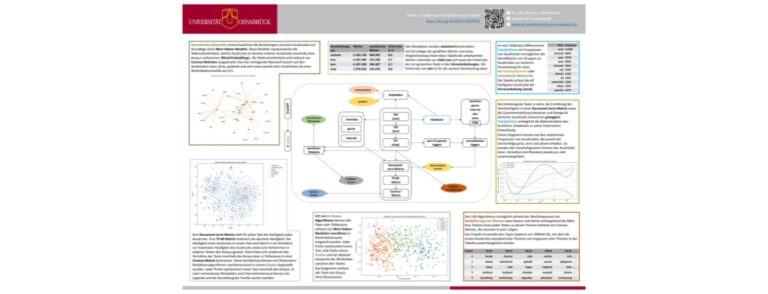
Das Projekt untersucht den öffentlich-schriftlichen Diskurs der Literaturvermittlung an höheren Schulen im 19. Jahrhundert für alle deutschen Staaten – außer
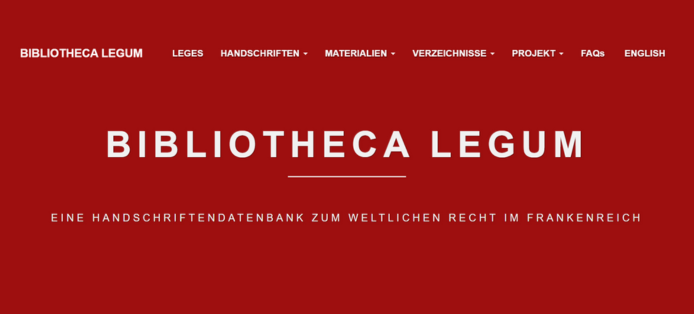
Das Ziel der Bibliotheca legum ist es, einen Überblick über die handschriftliche Produktion weltlichen Rechts in der Karolingerzeit zu geben.
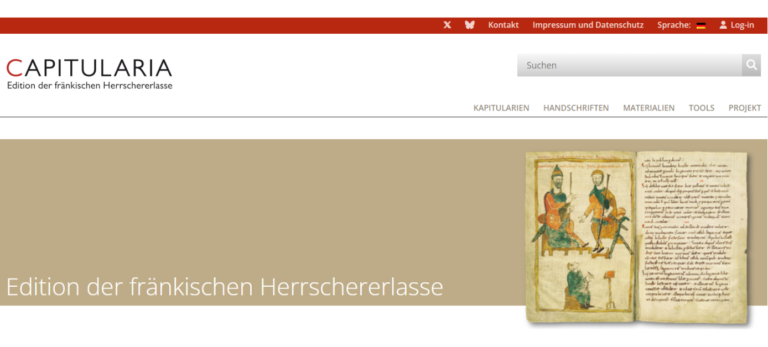
Das Projekt erarbeitet eine Neuedition der fränkischen Herrschererlasse („Kapitularien”), die zu den zentralen Rechtsquellen des europäischen Mittelalters gehören. Zum einen
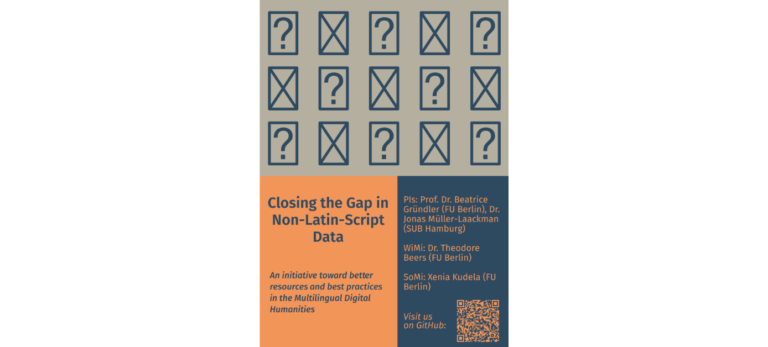
Das Projekt aggregiert Informationen zu digitalen Projekten und Konsortien, die sich im weitesten Sinne mit nicht-lateinischen Schriften beschäftigen. Die gesammelten
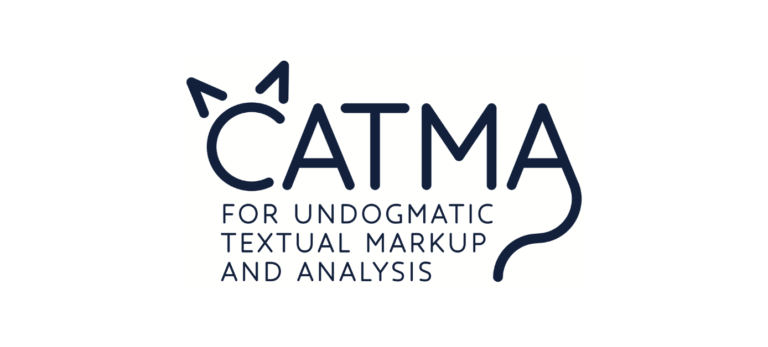
Annotieren, Analysieren, Interpretieren und Visualisieren: In CATMA können Textwissenschaftler:innen so arbeiten, wie es ihren Fragestellungen am besten entspricht: qualitativ oder
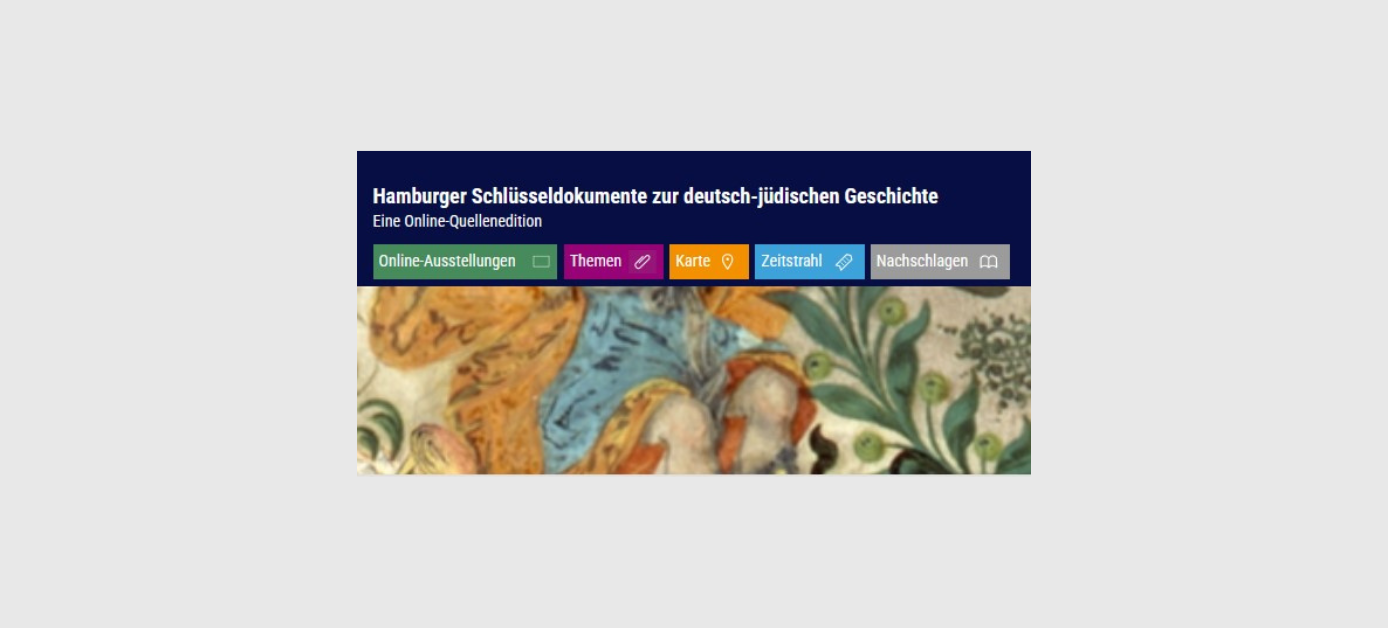
Die Edition „Hamburger Schlüsseldokumente zur deutsch-jüdischen Geschichte“ soll sowohl einem akademischen Publikum als auch der interessierten Öffentlichkeit einen niedrigschwelligen Zugang
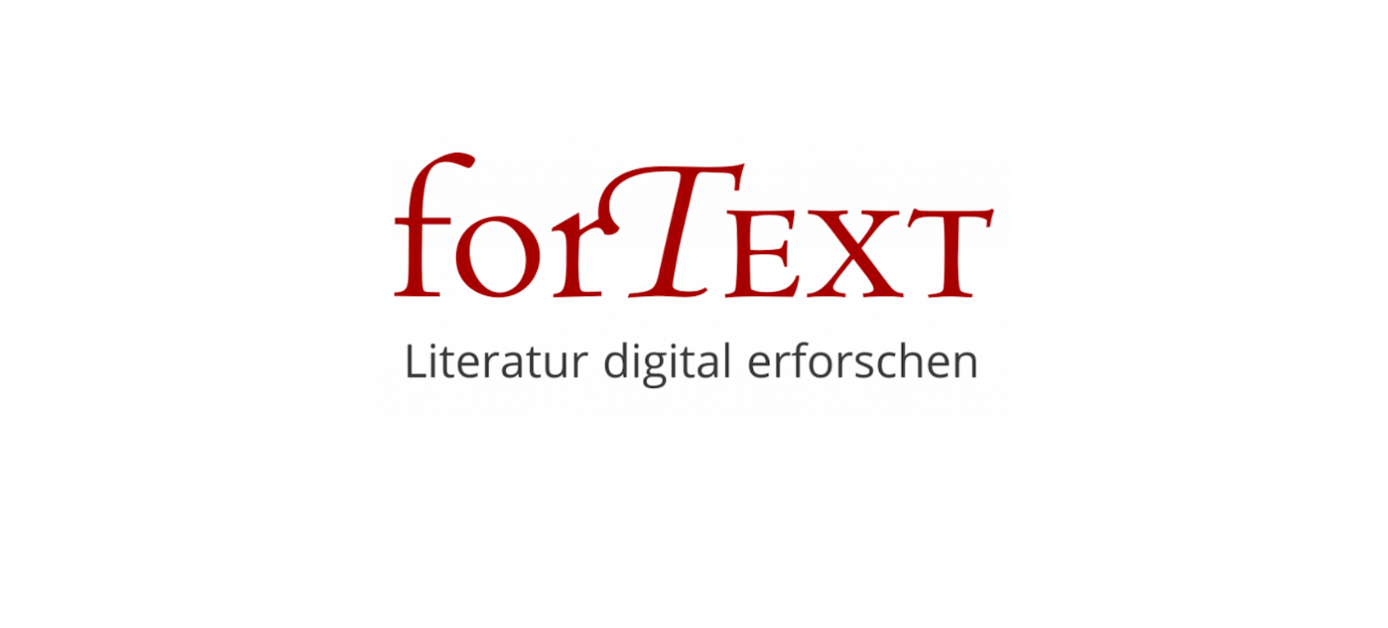
Das forTEXT Portal bietet einsteigerfreundlich aufbereitete, zitierfähige Methodenbeschreibungen und Reviews von Textsammlungen und Tools – von Digitalisierung über Annotation zu Interpretation und Visualisierung von Literatur.
Wir verwenden Cookies und ähnliche Funktionen zur Verarbeitung von Daten. Die Zustimmung ist freiwillig und kann jederzeit widerrufen werden.